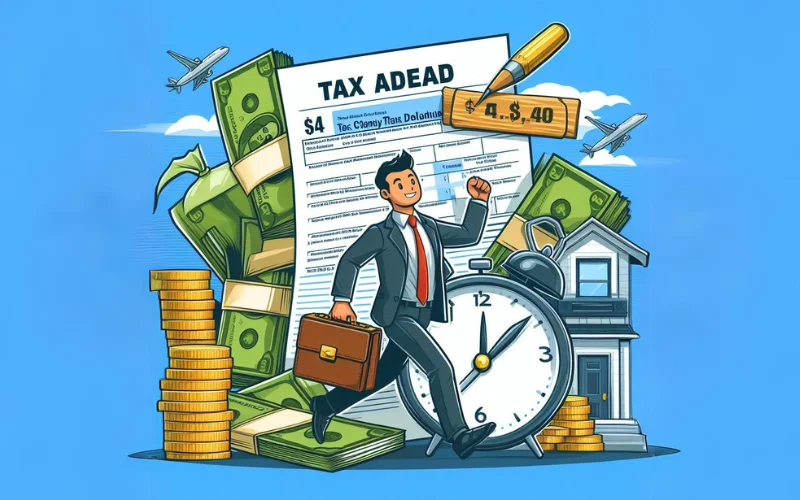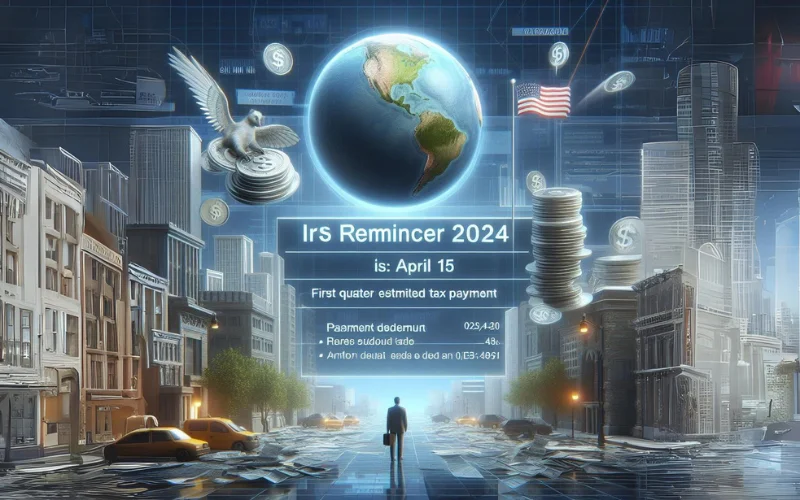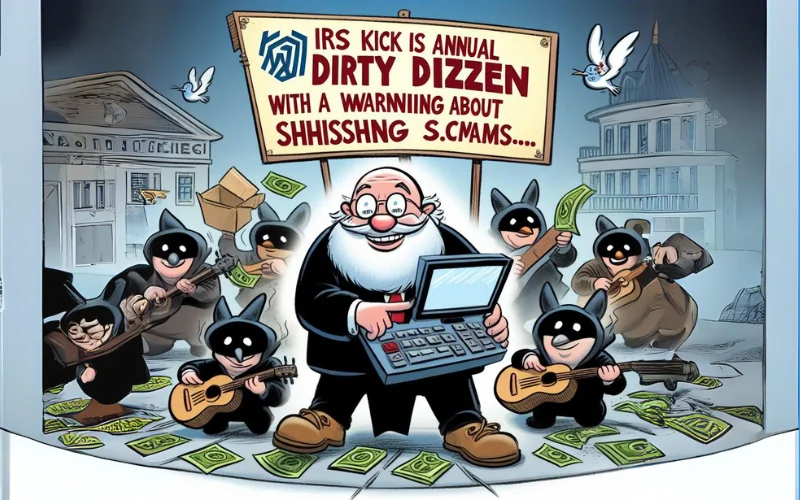From what we know, when lawmakers originally passed the Paycheck Protection Program (PPP), they thought that under its provisions,
- You did not pay taxes on the forgiveness amount, and
- You also could deduct the expenses that you paid with the PPP money.
- *Fly in the Ointment**
In late April, the IRS issued Notice 2020-32, which asserts that PPP loan recipients may not deduct business expenses paid using the PPP monies that gave rise to forgiveness (defined payroll, rent, utilities, and interest).
- *Lawmakers’ Take**
In a May 5, 2020, letter to Secretary of the Treasury Steven Mnuchin, Senator Chuck Grassley (chairman of the Committee on Finance), Senator Ron Wyden (ranking member on the Committee on Finance), and Congressman Richard E. Neal (chairman of the Committee on Ways and Means) jointly stated that the IRS got this wrong and that the intent of the CARES Act was for the PPP to be a tax-free grant.
The letter makes sense. You can read it here.
- *The Do-Nothings**
The IRS was unmoved by the lawmakers’ letter. The IRS position was clear: no deduction for the expenses paid with the PPP money. The IRS understood that perhaps lawmakers didn’t mean that to happen, but in the eyes of the IRS, the way that the lawmakers enacted the law created the problem. To fix it, lawmakers simply need to pass a new law.
Frankly, we thought that lawmakers would pass a new law and take care of this problem. But no, that has not happened.
- *New Nails in the Coffin**
On November 18, 2020, the IRS drove two new nails into the coffin regarding deductions for PPP monies that were forgiven and spent on payroll, rent, interest, or utilities.
- *Nail 1.**
In Revenue Ruling 2020-27, the IRS ruled that you may not deduct expenses paid with the PPP loan monies if you have received or expect to receive forgiveness of those loan monies.
- *Nail 2.**
In Revenue Procedure 2020-51, the IRS set forth safe-harbor procedures to follow if your PPP forgiveness is subsequently denied or if you decide not to apply for forgiveness.
With the rulings described above, the IRS has clarified its position and clearly stated to lawmakers: if you don’t like the non-deductibility of expenses paid with PPP monies, change the law.
- *What to Do Now**
Join with hundreds of thousands of business taxpayers and tax professionals who are urging lawmakers to fix the non-deductibility issue.
To help encourage the action you desire (whether you’re for or against deductibility), get in touch with your state’s lawmakers.
- 3612 is the Senate bill to make the PPP forgiveness money used to pay business expenses tax-deductible. To express your yea or nay on S. 3612, contact your senators. You can find them at this link: https://www.senate.gov/senators/contact.
- R. 6821 is the House bill to make the PPP forgiveness money used to pay business expenses tax-deductible. To express your yea or nay on H.R. 6821, contact your representative. You can find him or her at this link: https://www.house.gov/representatives.
You don’t need to be big and formal about your yea or nay. You can fax, email, or phone and simply say you support or oppose the bill. It’s that easy—and it’s effective. Do it.
If you would like to discuss the effect non-deductibility has on your taxes, please call me on my direct line at 813-849-2878.
Source: Bradford Tax Institute





